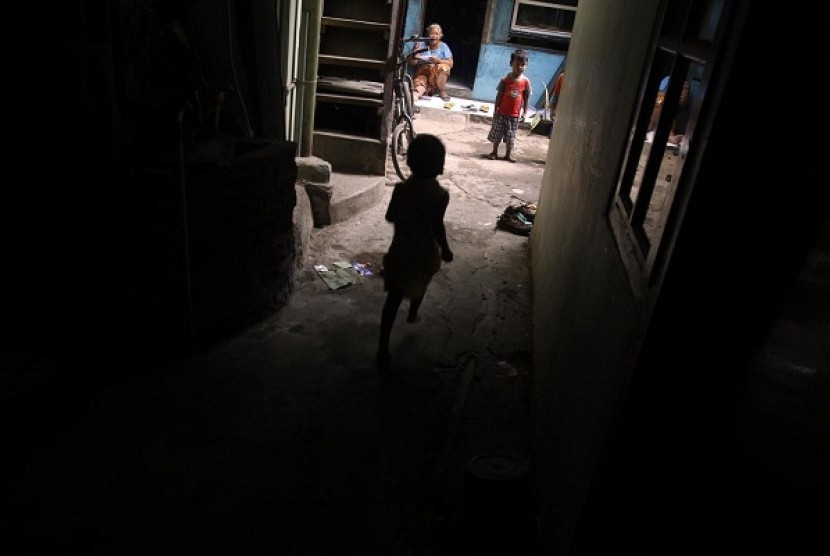REPUBLIKA.CO.ID, JAKARTA – Installed as new governor of Jakarta and his deputy, Joko Widodo and Basuki Tjahaja Purnama, both now are facing a stack of tasks to be done. Joko or popularly known as Jokowi, needs to address the city's problems and he has vowed to improve transport and drainage as well as to upgrade slum areas.
Jakarta was a victim of its own success, Reuters noted. The city boasts a forest of glitzy high rises and some of the grandest shopping malls in Asia but also densely packed residential neighborhoods and extreme poverty.
Urbanization and a rapidly growing middle class, as well as structural problems such as low-lying residential areas prone to flooding, have made it hard to manage, a problem only worsened by rampant corruption - issues both candidates have pledged to resolve.
Speculation lingers
Yet, speculation lingers on Jokowi’s bright future. The former popular mayor of Solo city might use his victory as a platform to run for president in 2014 when President Susilo Bambang Yudhoyono must step down after two terms and for which there is still no clear front runner.
In a recent poll, he tops the list of young potential candidates for presidential election 2014. Jokowi succeeds in surpassing 34 opponents on the survey conducted by Pol-Tracking Institute.
From interval 1 to 100, Jokowi receives 78.6 scores, while the second, winning 73.2 scores is Anies Baswedan, rector of Paramadina University. Sri Mulyani, the former Minister of Finance and the current Managing Director of World Bank, trails with 70.2.
The score is generated from 13 dimensions; visionary, leadership skill, good communication, capability, intellectual, experience, decision maker, acceptability, and so on. The candidates in the survey are either from political party or not, between 35 to 53 years of age.
Executive Director of Pol-Tracking Institute, Hanta Yuda, said the survey was using feasibility method instead of public opinion. About 100 respondents are involved in this survey.
"The respondents are from expertise, activist of NGOs, public and professional figures, journalist, pollster and political analyst, students, and also senior politicians," he said on Sunday.
Hanta concluded that senior politicians must use political will in their party to provide opportunity for the young figure. Thus, the party can present not only elite electability, but also public electability.


